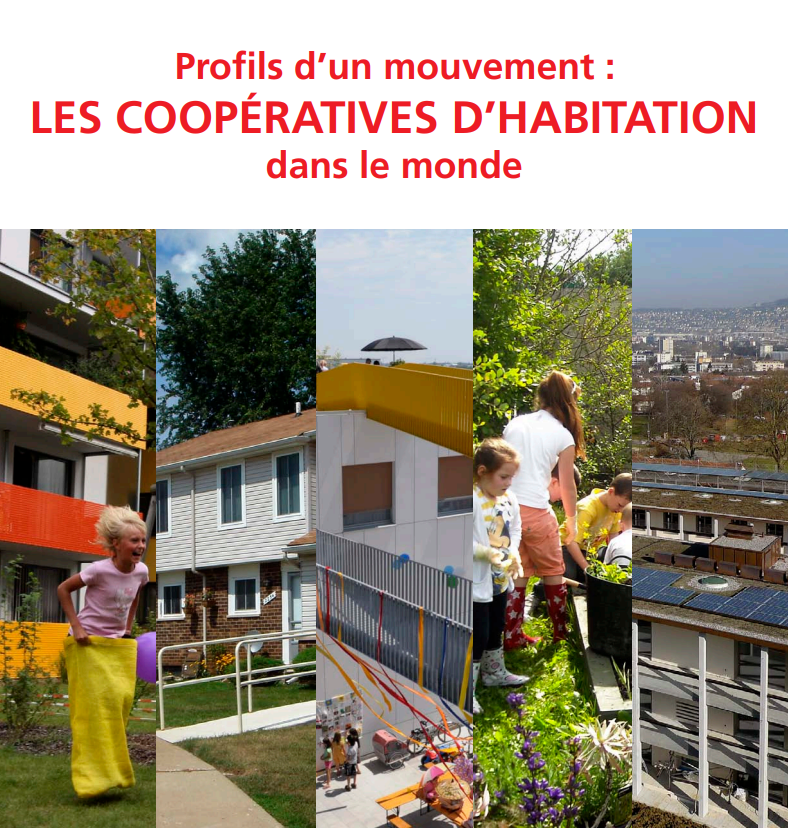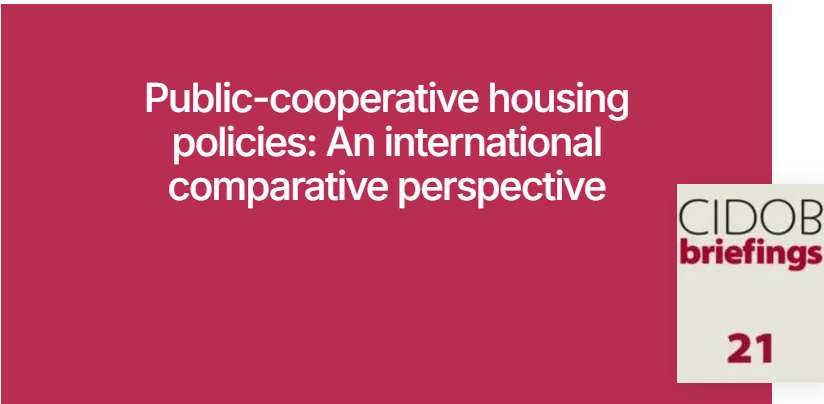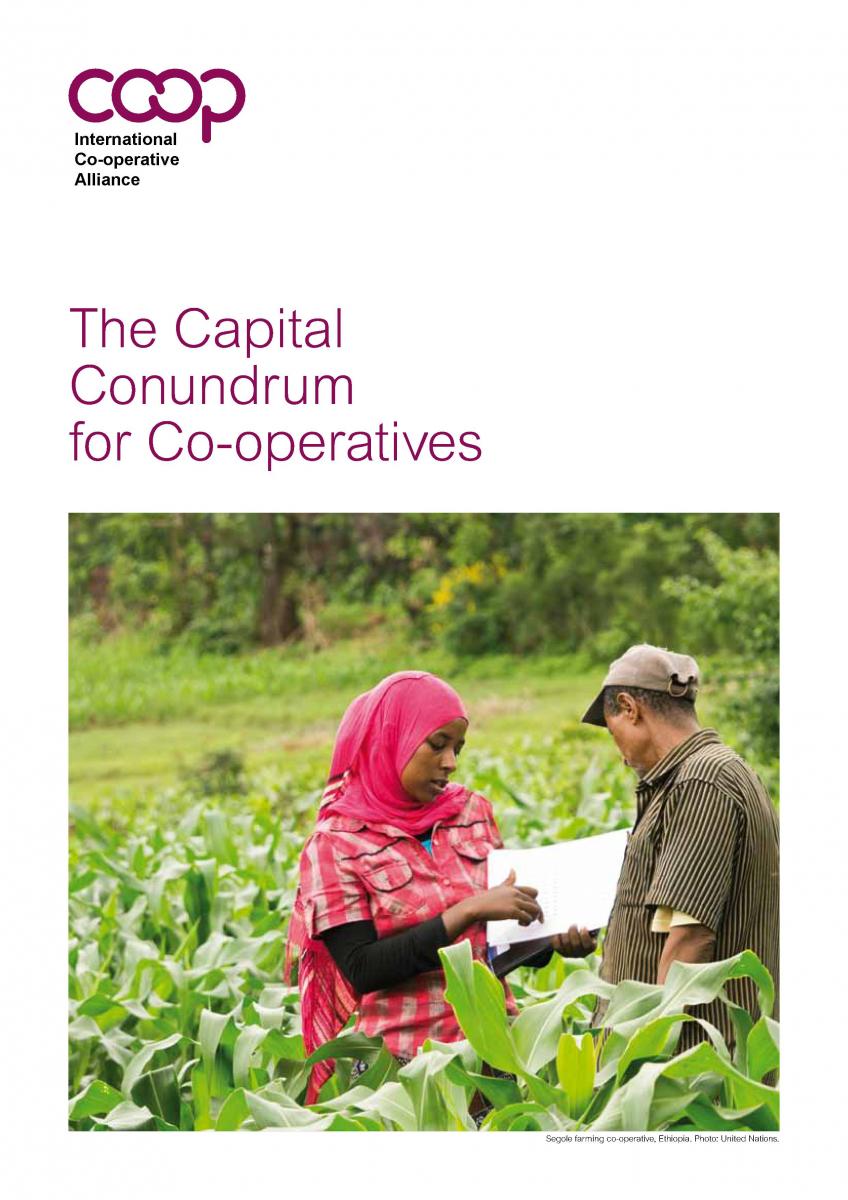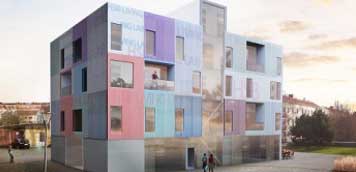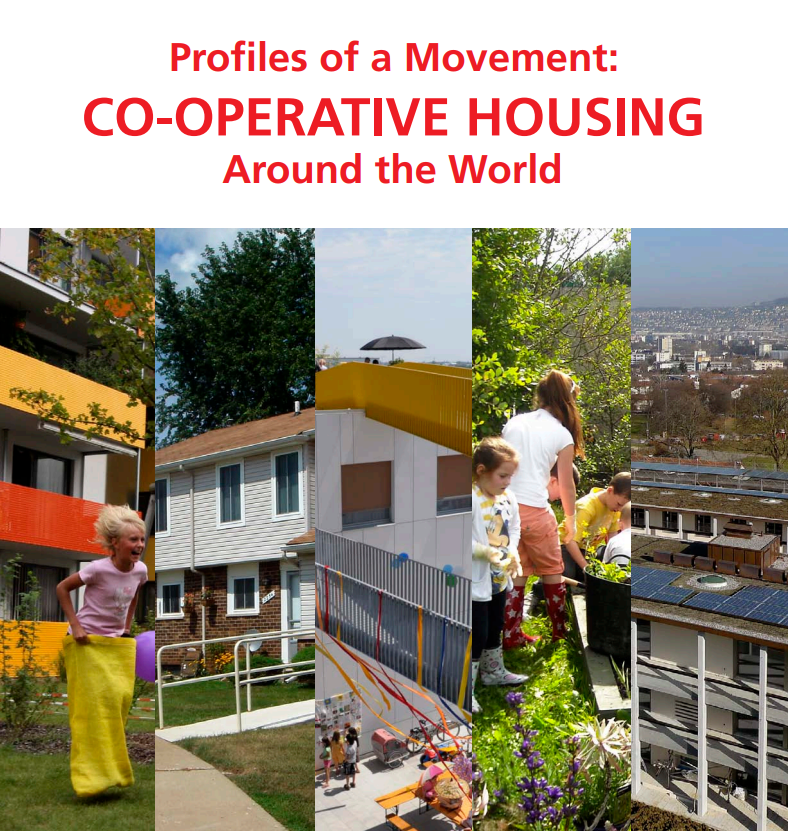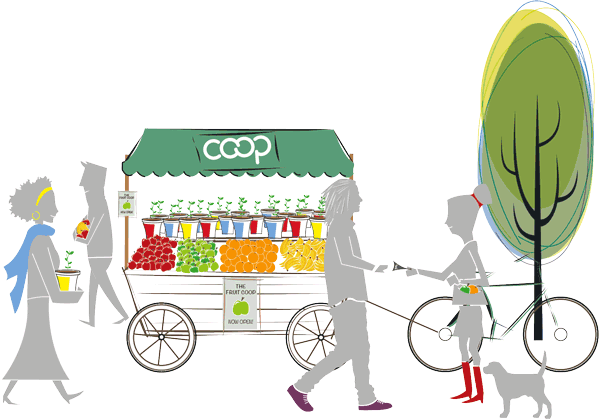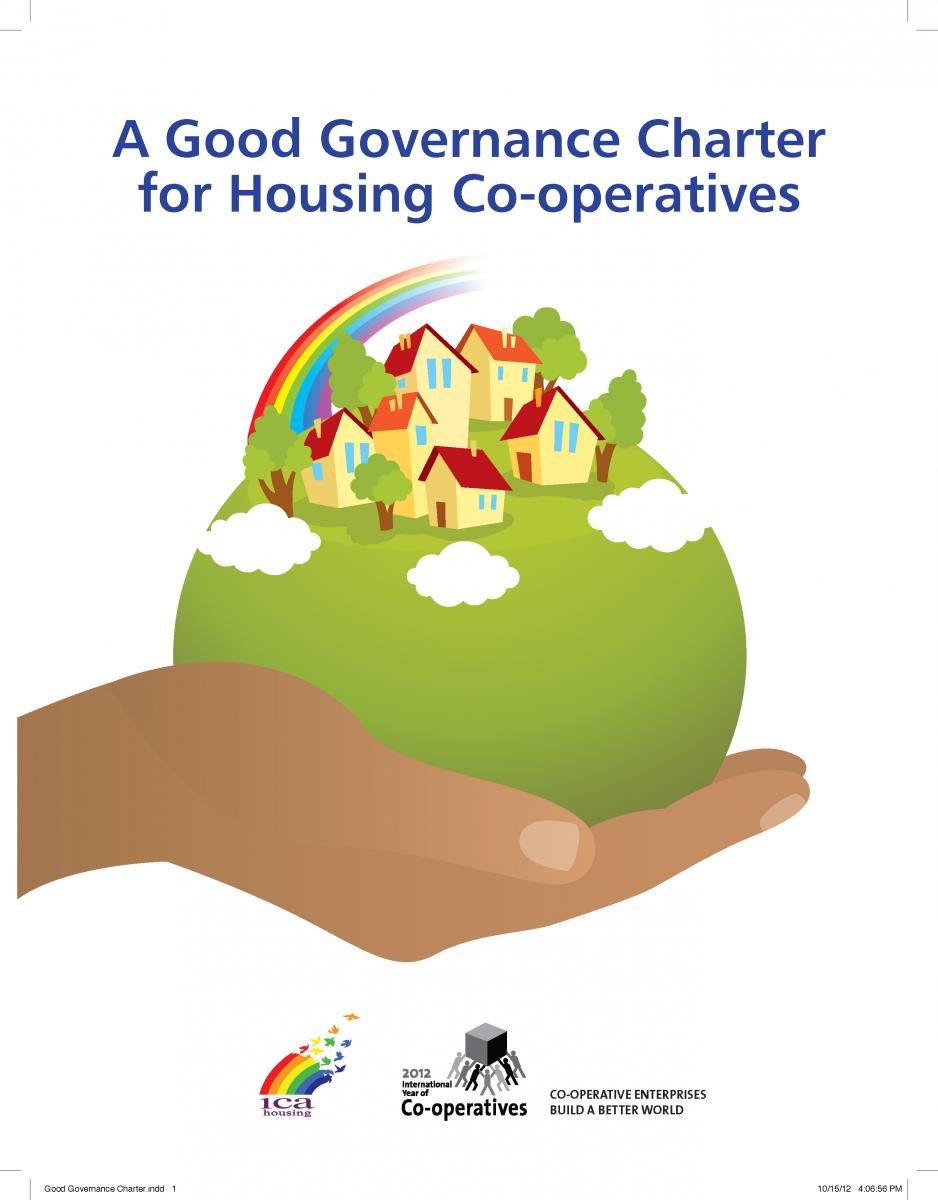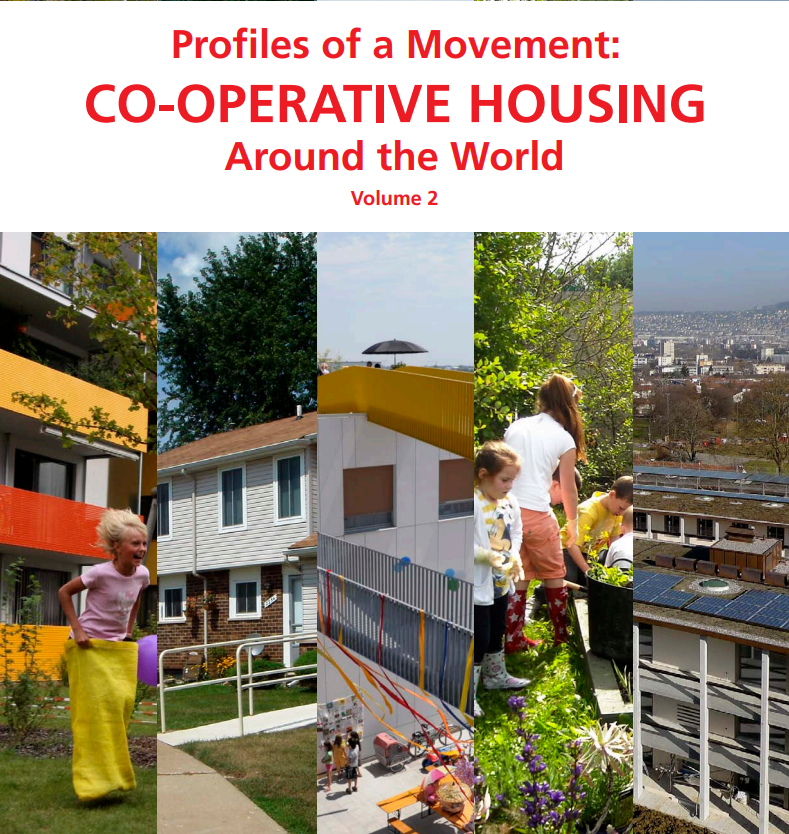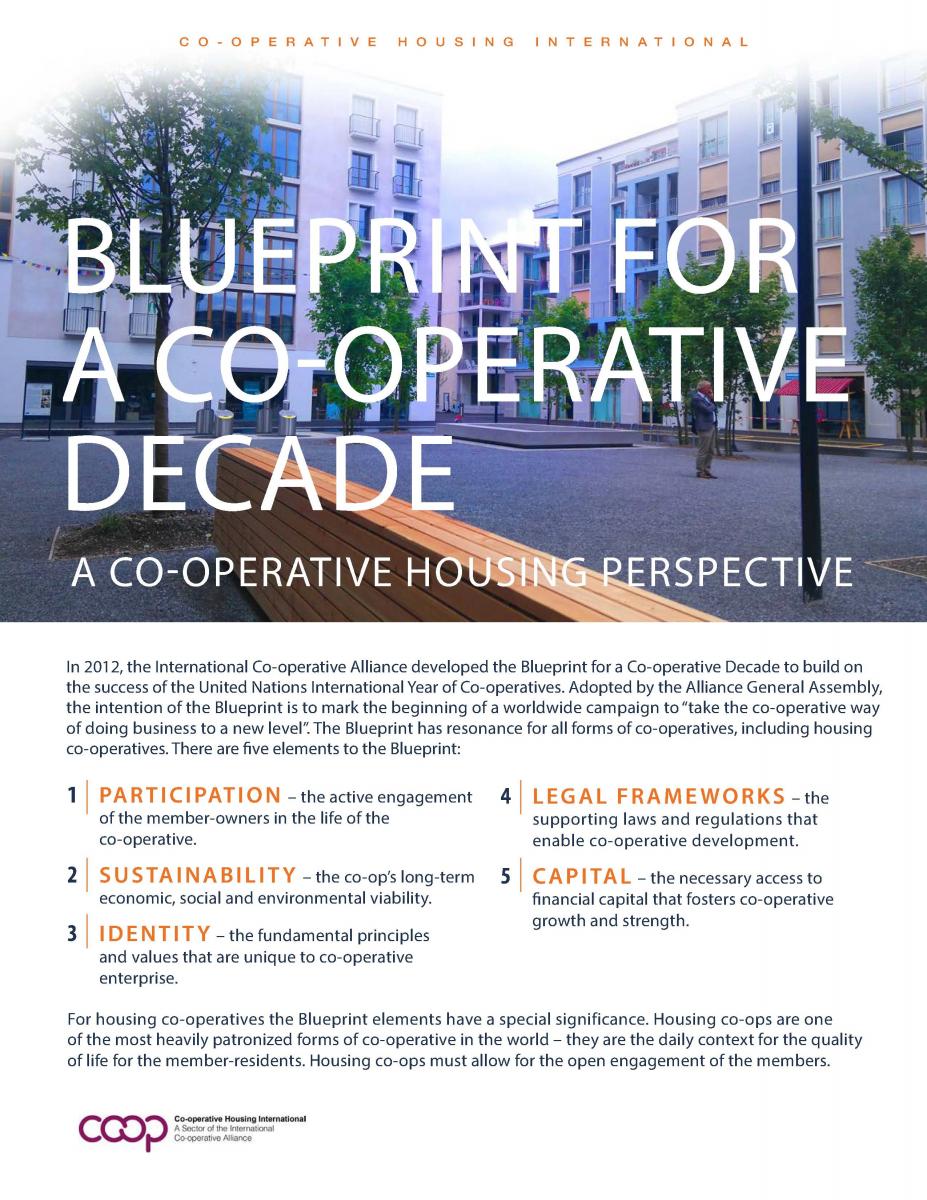About Belgium
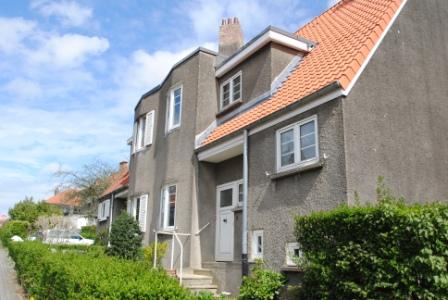
Kappelleveld
History
The first housing co-operatives in Belgium were established in the aftermath of the First World War, at a time of severe housing shortage and need for construction of new affordable homes. Several groups of people coming from different social and professional backgrounds (public servants, workers, employees, trade unionists…) joined forces in a common effort to create mutual housing solutions. Their joint effort resulted in the creation of housing with collective ownership, in the form of co-operatives whose members were guaranteed a dwelling for life while remaining tenants.
To tackle the urgent need to build at least 200,000 new dwellings, the sociologist Hector Denis studied a bill aimed at overcoming the housing shortage and enhancing living conditions of a large share of the population living in unsanitary housing in urban neighbourhoods. Upon the initiative of Joseph Wauters, ministry of employment at the time, a law was passed in 1919 and resulted in the creation in 1920 of the Société Nationale des Habitations et Logements à Bon Marché (National Agency for Affordable Housing, SNHLBM). The newly created public agency’s mission was to bring together existing initiatives and to coordinate the development of housing for workers, by providing legal recognition and finance (through long term loans at reduced rates) to social housing companies, including co-operatives.
In Brussels –where the co-operative housing model became most widespread compared to other Belgian regions, about half a dozen social housing estates in the form of co-operatives were established in 1921–22, based on the model of British garden cities. The majority of dwellings were let to members of the co-operatives and a smaller part of the stock would be available for sale (always to members of the co-operative). Garden cities were developed on low priced building land in the outskirts of the capital, using construction techniques which were relatively cheap but innovative. The cités included collective facilities (such as schools, health centres, shops…) as well as cultural premises, aimed at reinforcing social cohesion and solidarity (sport centres, conference halls, libraries…).
Garden cities marked the start of the process of urbanisation of peripheral areas around Brussels. Therefore significant investment was necessary to provide the required infrastructures and transports. Changes in the political leadership, coupled with the interruption in payment of war reparations by Germany (part of which had been allocated to support the development of such estates), led to abandoning this model in 1925. Nevertheless several garden cities still exist today in Brussels and are listed as historical architectural heritage. They are managed by housing co-operatives, the majority of which are affiliated to the Fédération des sociétés co-opératives de logement à Bruxelles (Federation of housing co-operatives of Brussels, FESOCOLAB, see below).
A new ‘wave’ of co-operative housing construction occurred right after the end of World War Two, but on a more limited scale.
In 1959, SNHLBM was turned into Société Nationale du Logement (National Housing Agency). Rather than on workers housing, policy now shifted towards ‘social housing’ and public assistance. Revenue generated by economic growth allowed the state to provide support to a wide share of citizens in need and led to the adoption of extensive welfare state programmes including in the housing sector, with a significant investment in social housing.
On the contrary, during the 1980s limited availability of public resources meant a drastic reduction in construction programmes, particularly for co-operatives. Furthermore, the process of decentralisation and transfer of competences to regions which started in 1980 was rather slow and difficult. For over a decade, the social housing sector suffered from lack of financing as well as regulation, until the establishment of new competent regional bodies and programmes from 1989–1990.
Context
Since 1990 social housing is a regional competence. Currently the sector represents about 7% of the total national housing stock (with differences between regions: approximately 6% in Flanders and Wallonia, 8% in Brussels), against 68% of owner-occupied housing and 25% private rental sector.
Summarising as much as possible the variety of actors involved in social housing provision in Belgium: each Region has established a public regional housing company, the Société du Logement de la Région de Bruxelles-Capitale (Brussels-Capital Housing Agency, SLRB), Société Wallonne du Logement (Walloon Housing Agency, SWL) and Vlaamse Maatschappij voor Sociaal Wonen (Flemish Agency for Social Housing, VMSW). Social dwellings are allocated on the basis of income ceilings combined with the household size and urgency of demand, and the amount of monthly rent paid depends on the income of the tenant.
Also to be mentioned as part of the social housing system is the Walloon Housing Fund (Fond du Logement de la Wallonie, FLW) which is a limited liability co-operative society established in 1980. Its role is mainly to provide social loans for access to home ownership to vulnerable households, to buy/renovate privately owned dwellings to be rented as social housing, and to coordinate a number of non-profit associations working on housing-related services. Entities with similar objectives exist also in the other regions. They were established to carry out at regional level the activities of a former national body, the Belgian Housing Fund created in 1929.
Finally, social housing is integrated within the local system of welfare provision, and therefore social housing companies work in close cooperation with municipalities and local public bodies.
Current challenges for the social housing sector in Belgium include an effort to increase supply, as well as the need to enhance energy efficiency of the housing stock. Indeed, due to the continuous increase in energy prices and willingness to enhance environmental sustainability, social housing companies are increasingly investing in energy efficiency measures in new and existing stock.
Description
Flexibility in the creation and functioning of co-operatives in Belgium has led to the establishment of a number of companies and associations under this legal form. In the housing sector, we can find different types of co-operatives:
- Social housing co-operatives created by public authorities who own the large majority of the capital and where tenants are not members of the co-op. In Brussels for instance, out of a total of 33 social housing companies, 28 are legally established as co-operatives, but only 11 of them are collectively owned by tenants while the others are mainly owned by local authorities (the remaining 5 are public companies).
- Credit co-operatives extending loans to buy a social dwelling (constructed by third parties).
- Recently established co-operatives whose aim is to buy existing dwellings renovate them and let them at moderate rents. Existing examples of this type of co-operatives mainly consist of not for profit associations which join together in a co-operative, whose members are the associations themselves and not the end-users. Literature suggests that they are new pilot experiences and still limited in scope.
- Tenants’ co-operatives which are self-managed and whose social capital is owned by tenants-members. Only these types of co-operatives should be fully considered as housing co-operatives because of the ownership structure and democratic control by users.
Tenants’ co-operatives are responsible for the creation of about 11,000 social housing units, about 6,500 in the Brussels-Capital region, 3,000 in Flanders and 200 in Wallonia. They manage a relatively small, housing stock compared to the total social housing sector in Belgium, which accounts for about 250,000 units (about 7% of the total housing stock). Furthermore, in the Flemish Regions there are almost no tenants’ co-operatives left today, following a process of merging social housing providers into bigger not for profit companies. In Flanders there are currently only two tenants’ co-operatives, the only difference from other social housing companies (which have taken the form of co-operatives or public limited companies with a social mission) being in the shareholders composition.
Some tenants co-operatives existed as well in the Walloon region until the end of the 1990ies, characterized by the fact that tenants as well as candidate tenants were members of the co-operative and participated to its management. This model was nevertheless abolished by the Walloon Housing Code adopted in 1998. On the contrary, in the Brussels Region out of a total 33 social housing companies, 11 are tenants’ co-operatives. They manage about 6,500 housing units, corresponding to a third of the total social housing stock in the capital.
Tenants’ co-operatives are part of the social housing sector: tenants are households on low incomes who are registered on social housing waiting lists, and co-operatives receive the same kind of public funding as other types of registered social housing companies. The difference between a tenant co-operative and a public social housing company is that the tenants are at the same time shareholders and contribute to the capital. This financial contribution by tenants is usually a limited amount but it gives them the possibility of actively participating to the general assembly and to elect their representatives in the management board.
Financing
Social housing provision is mostly financed by funding from the regional budgets. The Regions allocates subsidies and loans, which are in turn managed respectively by SLRB, SWL and VMSW and distributed to social housing organisations on the basis of annual programmes. Usually public support for construction and renovation takes the form of long-term loans at discounted rates.
Fonds du Logement
The mission of the Fonds du Logement is to facilitate access to housing in the Brussels-Capital Region. It supports low-, modest-, and middle-income households by offering:
-
Reduced-rate mortgage loans
-
Construction, renovation, and resale housing operations
-
Rental housing and rental assistance
-
Support for rental deposit guarantees
Legal Framework
Each of the three Regions (Brussels-Capital Region, Wallonia and Flanders) has established its own Housing Code, which establishes the right to housing and defines the concept and scope of social housing provision.
- Code Wallon du Logement – Walloon Housing Code (1998, revised in 2003, 2005 and 2006)
- Code Bruxellois du Logement – Brussels Housing Code (2004)
- Decreet Houdende de Vlaamse Wooncode – Flemish Housing Code (1997, latest revision in 2012).
Although social housing is a regional competence, the right to housing is guaranteed for all Belgian citizens by the Constitution, which states in article 23 that ‘everyone has the right to lead a life in conformity to human dignity […] including the right to decent housing […]’.
Tenants co-operatives – like all other types of co-operatives – are regulated by Company Law Code des sociétés, which does not recognise other types of companies other than commercial companies.
Key Cooperative Housing Organizations in Belgium
1. Wooncoop (Flanders)
Established in 2017, Wooncoop is one of the largest and fastest-growing housing cooperatives in Flanders. It enables residents to become co-owners by purchasing shares in the cooperative, which owns and manages the housing properties. This model allows members to live at cost price, combining the benefits of renting and owning. Wooncoop currently operates 28 projects across cities like Ghent, Antwerp, Leuven, and Hasselt, and supports inclusive housing initiatives, including projects for individuals with disabilities.
2. Fonds du Logement Wallon (Wallonia)
The Walloon Housing Fund (Fonds du Logement Wallon) is a cooperative society with a public interest mission. It provides mortgage lending to families, facilitates affordable rental accommodations for low-income households, and supports housing organizations with a social mission. The fund also offers social support and energy consumption advice to its borrowers and tenants.
3. Historic Cooperatives in Brussels
Brussels has a rich history of cooperative housing, dating back to the early 20th century. Notably, the Foyer Anderlechtois cooperative developed the La Roue/Het Rad garden city, a project initiated in 1907 and resumed after World War I. This development featured nearly 700 single-family homes designed with communal spaces, reflecting early cooperative housing principles.
4. Social Housing Brussels (SHBxl asbl)
Established on January 1, 2024, SHBxl serves as the professional federation for the 16 public service real estate companies (SISP) operating within the Brussels-Capital Region. It assumed the responsibilities of the former Association du Logement Social (ALS) and the Fédération des sociétés coopératives de logement à Bruxelles (Fesocolab asbl). These member organizations collectively manage a rental portfolio of approximately 41,000 housing units under the supervision of the Société du Logement de la Région de Bruxelles-Capitale (SLRB).
Emerging Cooperative Housing Initiatives
In recent years, there has been a resurgence of interest in cooperative housing across Belgium. Organizations like the Brussels Master Architect (BMA) advocate for cooperative housing as a sustainable alternative to traditional models, aiming to position it as a third channel for affordable housing production, alongside public and private sectors.
Resources Tagged "Belgium"
L'habitat coopératif offre des logements abordables à long terme, gérés par les résidents, avec des avantages sociaux, économiques et environnementaux avérés. Malgré son impact mondial, ce secteur reste méconnu.Read More
Financing and Development Global Report
Explore public policies supporting cooperative housing worldwide in this comprehensive report. Discover how governments and cooperatives collaborate to create sustainable and affordable housing solutions globally.Read More
Research Global Research Paper
The Commission's final report on Cooperative and Mutual Housing (Bringing Democracy Home) highlighted the need for consideration of the role that cooperative and mutual housing could play in the national housing strategy. The Fina ...Read More
Financing and Development Global Report
Par cette publication, nous souhaitons ouvrir le débat sur le logement en tant que droit fondamental et enjeu métropolitain, en mettant en lumière l’expérience de grandes métropoles et dans l’espoir d’inspirer des idées nouvelles pour aborder cet enjeu absolument fondamental de l’urbanisation moderne.Read More
Advocacy Global
In 2000, United Nations (UN) member states recognised the need to build global partnerships for development and the exchange of expertise as one of the Millennium Development Goals. Across the international development field, part ...Read More
Financing and Development Global
New report: The Capital Conundrum for Co-operatives "The Capital Conundrum for Co-operatives", a new report released by the Alliance’s Blue Ribbon Commission explores ideas and options available to co-operatives that need suitab ...Read More
Financing and Development Global
Financing the development of housing co-operatives is a challenge and more so in time of financial restrictions and uncertainty. CHI members discussed the issue during a seminar held in November 2009 in Geneva. Presentations w ...Read More
Financing and Development Global
The Forest Products Annual Market Review 2013 reports that the development of new refinement processes has led to the production of new and more affordable wood based products such as cross-laminated timber (CLT). The report sta ...Read More
Sustainability Global
Updated Guidance Notes on the Co-operative Principles, edited by David Rodgers, former President of Co-operative Housing InternationalRead More
Governance Global
The ILO views cooperatives as important in improving the living and working conditions of women and men globally as well as making essential infrastructure and services available even in areas neglected by the state and investor-driven enterprises. Cooperatives have a proven record of creating and sustaining employment – they provide over 100 million jobs today; they advance the ILO’s Global Employment Agenda and contribute to promoting decent work.Read More
Legal Global
Cooperative housing offers long-term, affordable homes governed by residents, with proven social, economic, and environmental benefits. Despite its global impact, the sector remains under-recognized.Read More
Financing and Development Europe Report
Student housing cooperatives have become very popular in the USA and many of these housing co-operatives are members of organizations such as NASCO. Unlike a resident who acquires shares at market rates to earn the right to occupy ...Read More
Community Global
The Good Governance Charter for Housing Co-operatives was launched at the ICA Housing Plenary in Manchester in November 2012.It has three parts:A 10-point set of good governance practicesAn interpretive statement for each good p ...Read More
Governance Global
This second volume of Housing Co-operative Profiles focuses on African countries, showcasing the ingenuity and commitment of cooperators working under difficult conditions. It offers insights into the legal, financial, and historical contexts of housing co-ops, aiming to inspire broader adoption of the model as a solution to the global housing crisis.Read More
Community Global Report
The Blueprint for a Co-operative Decade is a worldwide campaign to “take the co-operative way of doing business to a new level”. The five key elements of the Blueprint are participation, sustainability, identity, legal frameworks and capital. The Blueprint is particularly relevant to co-operative housing and the Blueprint interpretation for co-operative housing below explains how.Read More
Governance Global
